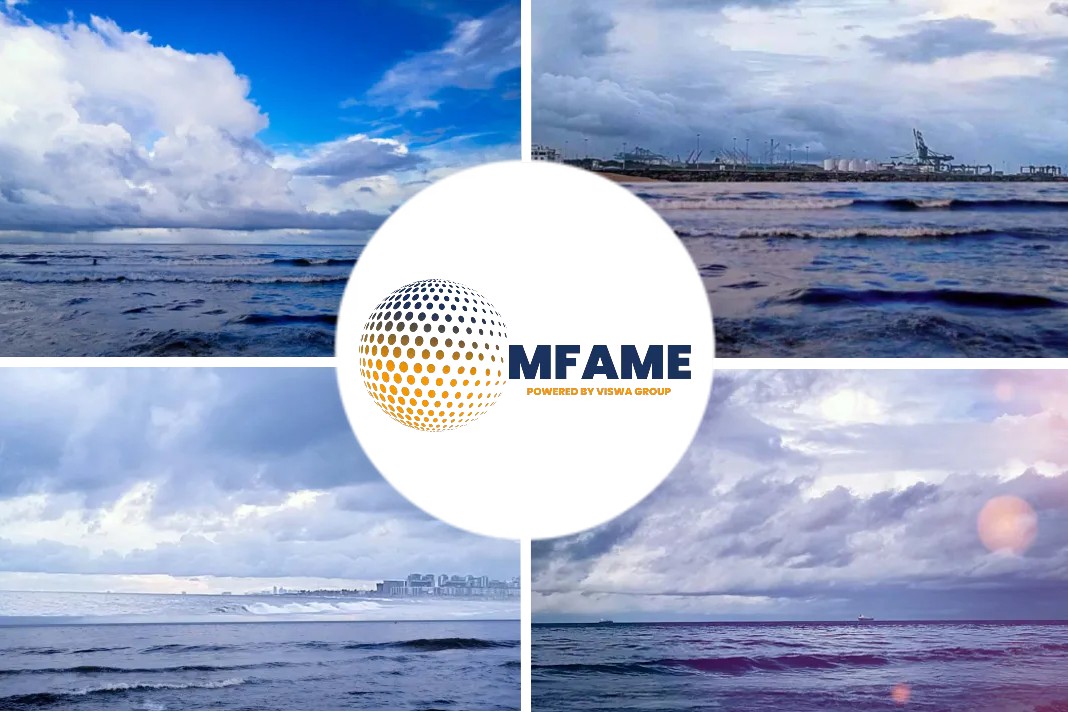
Proman Stena Bulk, a joint venture between a methanol producer and a tanker operator, aims to build and operate a methanol-fuelled tanker fleet to demonstrate the feasibility of methanol as a decarbonization option. Methanol as a marine fuel is gaining attention due to its relatively mature and easy-to-adapt technology and an established regulatory framework.
Methanol fueled ships
Methanol-fuelled ships can also blend blue or green methanol to comply with carbon emission limits without requiring technical modifications. The lower capital investment and simpler design of methanol-fuelled vessels make them an attractive option for a carbon-neutral future, pending the availability of blue and green methanol.
Proman and Stena Bulk aim to prove methanol as a sustainable fuel
In 2015, Stena Line converted one of its RoPax ferries to methanol in a pilot project to explore the feasibility of this technology, making it the first engine conversion to methanol carried out by Wärtsilä. The ferry has since operated on methanol, demonstrating the maturity of the technology. Proman, a Swiss-based producer of methanol and ammonia, sought a shipping partner to develop a fleet of dual-fuel tankers and found an ideal partner in Stena Bulk, a tanker operator experienced in methanol-fuelled ship operation. The partnership aims to drive sustainability in its operations.
Six methanol-fuelled tankers to operate worldwide
Proman Stena Bulk, a joint venture between a methanol producer and a tanker operator, has ordered six methanol-ready, medium-range chemical tankers with a cargo capacity of about 54,000 cubic metres. Four ships have already been delivered and two are due for completion in late 2023 or early 2024. The vessels transport methanol and other chemical products from Proman’s hubs in Trinidad, Texas and Oman to the Far East and Europe. Stena Teknik manages technical and operational aspects while Proman handles commercial management. The partnership enables cooperation between a ship owner and a methanol producer, making economic sense.
Class partnership based on common innovation mindset on methanol
The six methanol-ready tankers built by Proman Stena Bulk are all built to DNV class, as DNV is a leading player in the field of methanol technology. Stena Teknik chose DNV due to its innovative and technology-driven mindset, as well as the good dialogue and active engagement it had with its clients. The collaboration with DNV was meaningful, as it helped Proman Stena Bulk address the right questions during the plan approval process.
Design properties enable world-leading EEDI
The Proman Stena Bulk new builds have advanced design features, including hydrodynamic optimization, energy-saving devices, and an efficient electrical system, resulting in a world-leading EEDI. Stena is also exploring ways to recover more waste energy from the main engine. The ships require adding a small amount of MGO as pilot fuel to the methanol combustion process but can run on methanol for most of the time. Onboard injection water for NOx reduction is produced from seawater.
Risk-assessed bunkering process for methanol
According to Norrby, Stena has extensive knowledge of bunkering methanol and the corresponding risk management. “Risks are reduced with an approved and risk-assessed bunkering procedure in place compared with ordinary bunkering. That is the data I have currently seen being used to develop a bunkering standard for methanol.” We are taking part in that.
Did you subscribe to our newsletter?
It’s free! Click here to subscribe!
Source: Manifold Times














![[Watch] Crazy Power Needed to Move World’s Largest Containerships](https://mfame.guru/wp-content/uploads/2023/11/mfame-tanker-100x70.jpg)
